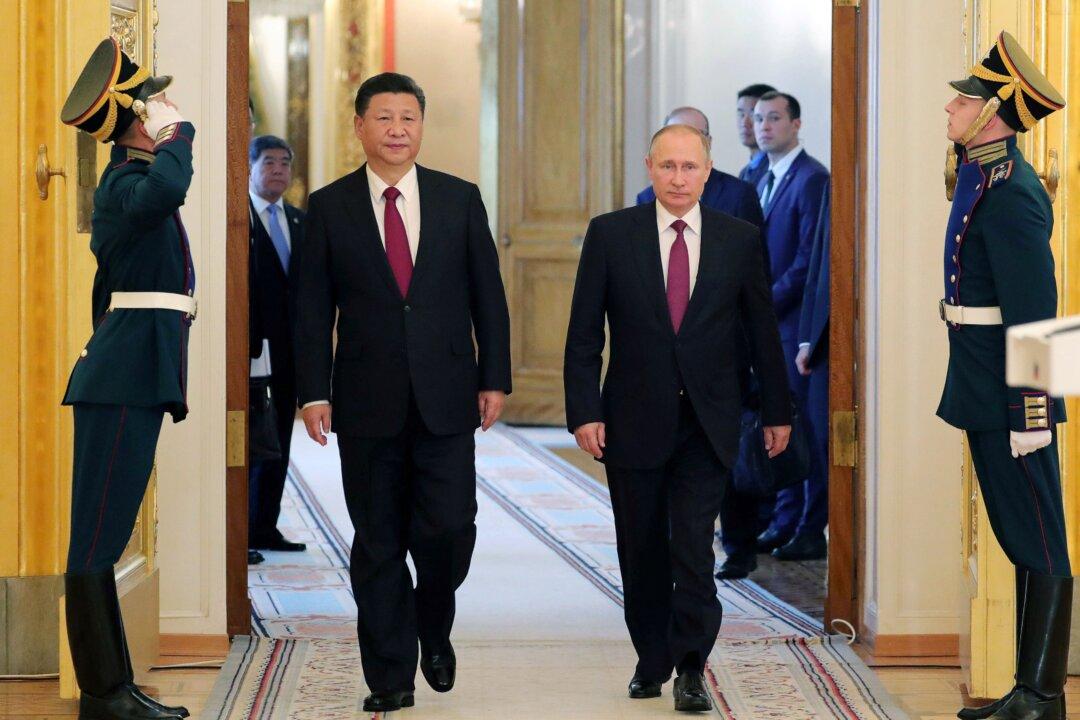President Donald Trump floated the idea that the United States, China, and Russia may come together to discuss collectively cutting back on weaponry investments.
“I am certain that, at some time in the future, [Chinese] President Xi [Jinping] and I, together with President [Vladimir] Putin of Russia, will start talking about a meaningful halt to what has become a major and uncontrollable Arms Race,” the president wrote in a Dec. 3 tweet. “The U.S. spent 716 Billion Dollars this year. Crazy!”





